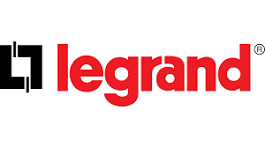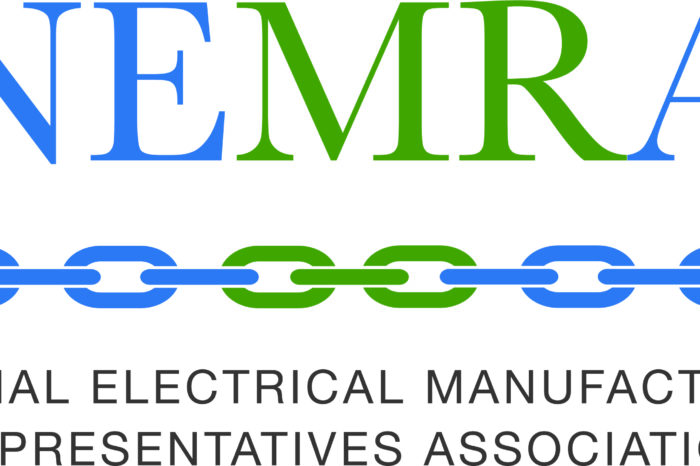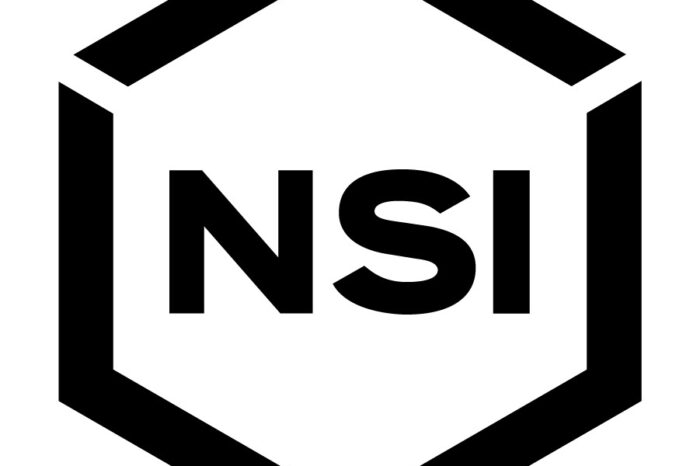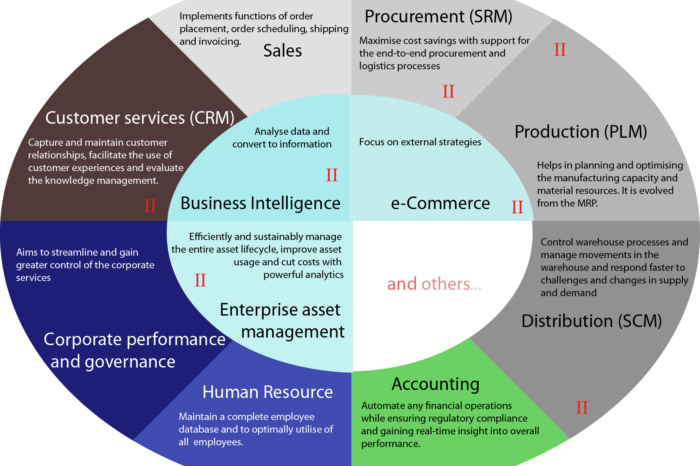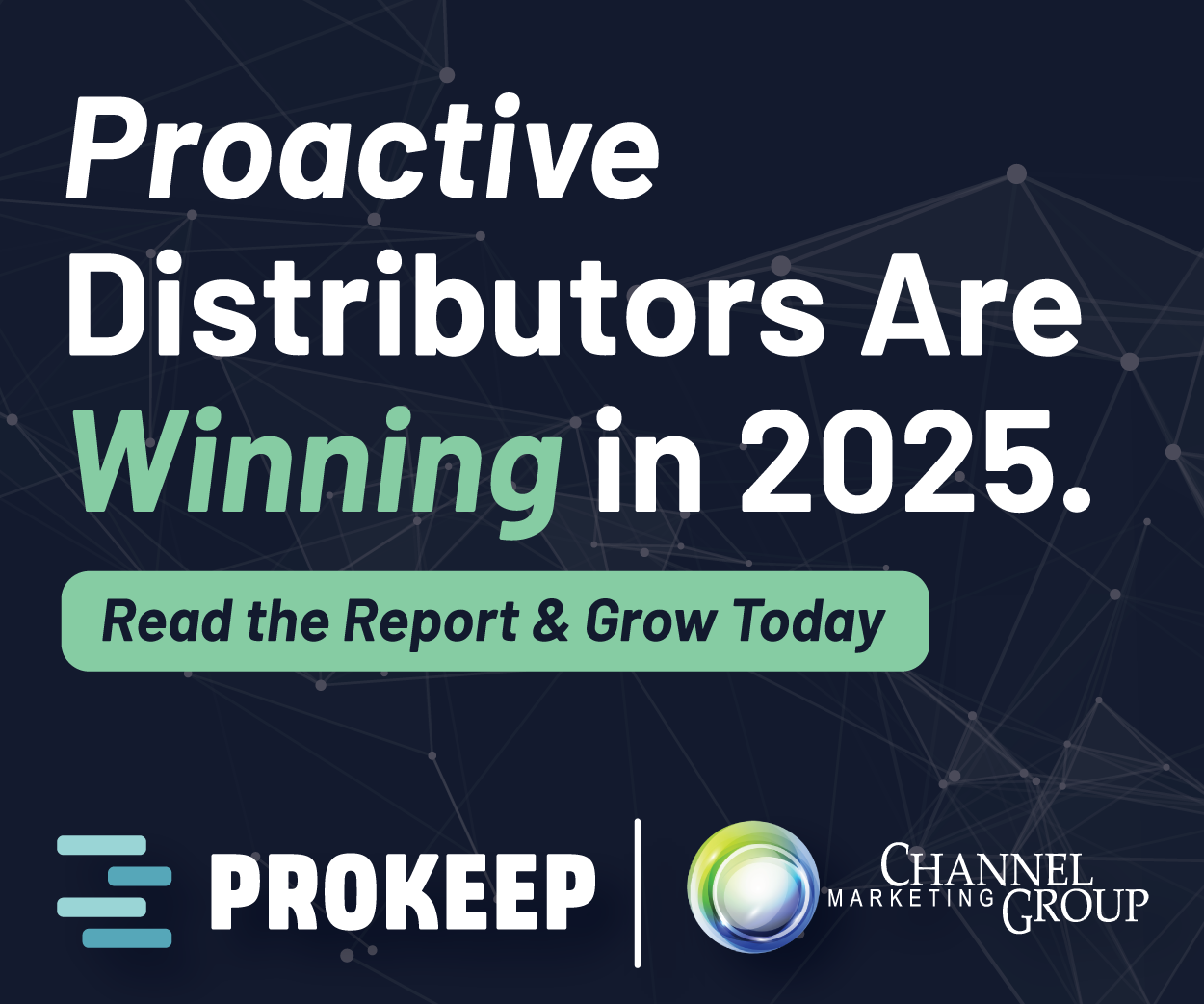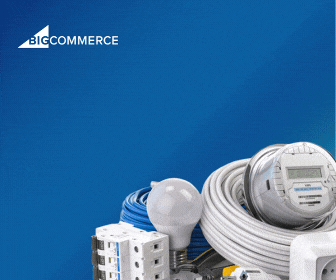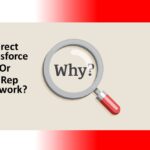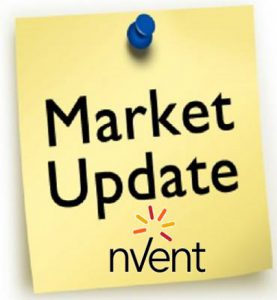Why Reps? We Asked Manufacturers
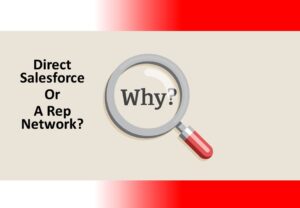 The changes continue! At last month’s NEMRA conference, manufacturers emphasized selling rather than the supply chain issues of the past few years as they pursue growth in 2023. For many, the supply chain has dramatically improved. From conversations with manufacturers, many continue viewing their rep sales forces as the most effective way to serve their customers and gain specifications even though there is a trend to deploy factory sales engineers / business development personnel to focus on engineering firms, EPCs and large, multi-state / national contractors. This is further validated when you consider that some have changed from a direct salesforce (nationally or in regions / states) to a manufacturer representative model in the past few years.
The changes continue! At last month’s NEMRA conference, manufacturers emphasized selling rather than the supply chain issues of the past few years as they pursue growth in 2023. For many, the supply chain has dramatically improved. From conversations with manufacturers, many continue viewing their rep sales forces as the most effective way to serve their customers and gain specifications even though there is a trend to deploy factory sales engineers / business development personnel to focus on engineering firms, EPCs and large, multi-state / national contractors. This is further validated when you consider that some have changed from a direct salesforce (nationally or in regions / states) to a manufacturer representative model in the past few years.
Channel Marketing Group recently interviewed a few manufacturers that, over the past few years, have converted to, or further embraced, the rep model, to get their thoughts as to “why” and the effectiveness that the change is bringing to their business. In talking to sales management, I asked “What were you looking to accomplish? Is this a short- or long-term strategy? and What were the financial implications?”
I also talked to some manufacturer reps about what they feel manufacturers should know about the role of the rep and how it is changing, but that feedback is for my next article.
WHAT MADE MANUFACTURERS ANALYZE THEIR STRATEGIES?
In speaking with these manufacturers, commonalities of why they began re-evaluating their sales strategy included:
- COVID gave many an opportunity to consider the possibility of new models.
- Many were disadvantaged with work from home edicts whereas reps continued to serve their customers … and they knew the local market. Companies began reviewing where monies were spent and how effective sales’ relationships were with their distributors, contractors, and end-users.
- Asking, or perhaps more accurately, finance asking, what percentage of their sales could be attributed to selling versus what their capabilities and goals were in achieving market share.
An aging sales force and difficulty in replacing those leaving was a consistent issue especially when it came to hiring people that understood products and had a following. Further, they saw sales costs significantly increasing due to salaries, training, and support. The same issues were facing their customer service departments, which, due to COVID, were now decentralized, hindering product training and active management.
ADVANTAGES & DISADVANTAGES OF A REP NETWORK
All agreed that reps had long-term relationships within a market and deployed more “feet on the street” while they only had to pay once a sales is consummated whereas with a direct sales force they have a fixed territory cost regardless of their sales volume in the territory. From a financial viewpoint, Channel Marketing Group has identified that this cost can be 2-3x a person’s salary. The directs, however, were selling their products 100% of the time and the manufacturer obtained 100% of the person’s mindshare.
An advantage of reps included a wider customer base and not merely those distributors who stock the manufacturer’s products. Given expanded product offerings often means a manufacturer needs to reach beyond those distributors, and product users, from the past and develop relationships with a wider base of customers. This has become increasingly vital to manufacturers, according to those interviewed.
An example cited was an ongoing order a manufacturer is a beneficiary of that totals well into 6-figures annually where a rep, who was calling on an MRO user for another manufacturer he represented was told of an issue the customer was facing. The rep recognized an opportunity and was able to offer a solution for their newly represented line. The manufacturer stated they never had, nor would have, known of the opportunity with their direct staff as they had never called on that end-user. The manufacturer shared that situations like this now occur regularly.
A few manufacturers also emphasized the increase in distributor branch locations that now represent more selling opportunities and need more coverage. The question of concern often is territory based and remains “how many people are necessary to properly cover the territory, gain specifications and grow share”? In their opinion, direct people were less able to cover larger, and denser, geographies to expand beyond their current account coverage. Direct salespeople would need to spend more “windshield” time to cover a territory, therefore decreasing their productivity.
IS IT POSSIBLE TO TURN REP DISADVANTAGES INTO ADVANTAGES
.All of the manufacturers I interviewed agreed that although they do not expect 100% of their representatives’ time, sharing goals, and direction, setting expectations and regular planning while defining actions allows for measurable results.
They also said that sharing data (especially via CRM systems) with their reps enabled success and has translated into sales increases, more informed pricing decisions, and improved profitability. Important in this endeavor includes agreements on data sharing and use by both as part of the process.
Each manufacturer emphasized the importance of training. In the past many manufacturers would train their directs and spend significant time and expense to assure they were valued by the customer base. Most agreed that less training historically was done with reps for those who had hybrid sales organizations (a mix of reps in some territories, directs in others.) It was generally felt that reps could learn “on their own”. Each said they now were proud of their rep training programs and recognize that their reps, and their customers, deserve the best training that they can provide. One stated they found reps learn significantly faster than new direct people as they have an electrical background and often are familiar with related products.
WHAT IS A MANUFACTURER LOOKING FOR IN A REP AGENCY.
I asked each of the manufacturers what they look for when seeking an independent manufacturer representative agency. Key attributes included: t
- Agency reputation in the market. Have they done the work the manufacturer is seeking over a period of time? For example, do they focus on the industrial segment? Are they strong in projects and generating specifications? Are they a commodities-oriented agency? Do they have specialists?
- Ethics. Are they ethical?
- Organization Organizationally are they:
-
- Well entrenched with a history of success.
- Do they plan and execute?
- Do they have a good bench of people, assuring their future?
- Do they have a solid and seasoned inside sales group able to provide assistance?
- Do they have experience in developing specifications?
- Do they have synergetic manufacturers on their line card that will enhance the manufacturer?
- What is their salesforce’s orientation … distributor focused? End-customer focused? Separate roles to call on each audience?
In the words of one manufacturer, “Quality rep firms include those with the entire capabilities of specifications, relationships, outside sales, inside support, marketing, management, etc.”. This was their definition of a “FULL-SERVICE Agency.”
I asked one manufacturer who changed their entire salesforce within the last 3 years if it was considered a success at this time. He said it was too early to evaluate fully, however every available measurement from profits, sales, market share, and acceptance was very positive.
I then asked him if everyone in his company was as pro rep as he remains. His response was “No, but that those still opposed had never traveled, nor been to a rep agency.”
He also commented that many rep agencies have processes in place most manufacturers could only hope to have in the future but did not currently possess, including his own company.
The electrical industry’s sales dynamics have changed over the past five years. The channel is changing (consolidation, capabilities, personnel), customers are changing (contractors traveling, more technologies, aging of labor, etc.) and manufacturers are changing (consolidation, line expansion, personnel change, digital, etc.). Further, financial expectations of management have changed requiring new approaches given that operating costs have risen. And all of this in addition to COVID and the resulting after effects.
The manufacturers we spoke with believe that their salesforce needed to evolve. For many, the evolution is a hybrid. Some are “agent only”, others are a combination of manufacturer representatives supported by local / regional sales engineers or business development managers. An driver of this, according to some I spoke with, is the increased professionalism of agencies as they migrate from salespeople who started an agency to a business that is planning for perpetuity.
“Better” agencies are no longer built around a person (a “personality), they are built around people, plans and processes.
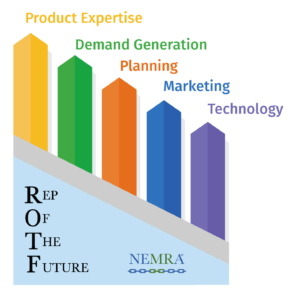 Channel Marketing Group researched and wrote NEMRA’s Rep of the Future report which representatives (and all in leadership) should read as it can provide a blueprint to support a rep agency’s development(click here to contact NEMRA for a copy). Manufacturers (leadership and regional management) should also be familiar with the findings and ask themselves are they providing their reps the tools needed to succeed. Some leading manufacturers, are using the Rep of the Future criteria, also known as the 5 Pillars, as an evaluation tool.
Channel Marketing Group researched and wrote NEMRA’s Rep of the Future report which representatives (and all in leadership) should read as it can provide a blueprint to support a rep agency’s development(click here to contact NEMRA for a copy). Manufacturers (leadership and regional management) should also be familiar with the findings and ask themselves are they providing their reps the tools needed to succeed. Some leading manufacturers, are using the Rep of the Future criteria, also known as the 5 Pillars, as an evaluation tool.
If you’re looking to improve your sales model’s performance, allow Channel Marketing Group to help you evaluate your process.
Also, please let us know if this subject deserves further research. Perhaps thoughts from representatives or those distributors experiencing the changes?
And, as an FYI, some of our services that relate to reps include:
- RepShare – where we can help reps identify their local market share and their market share by product category that they represent.
- RepCare – an approach to determine how satisfied a rep’s distributors are with the rep
- Strategic Planning – help in setting organizational direction and structure
- Rep Marketing – development of a rep marketing plan, which can also involve interaction with suppliers
Channel Marketing Group is also involved in NEMRA’s Point of Sale initiative and other strategies as well as having researched and written the most recent Rep of the Future report.



